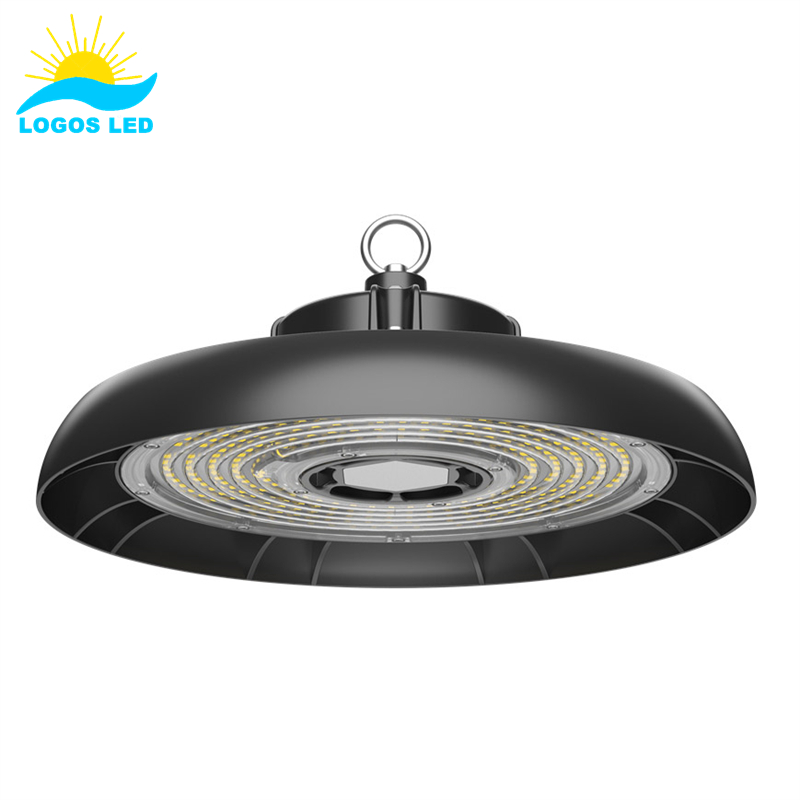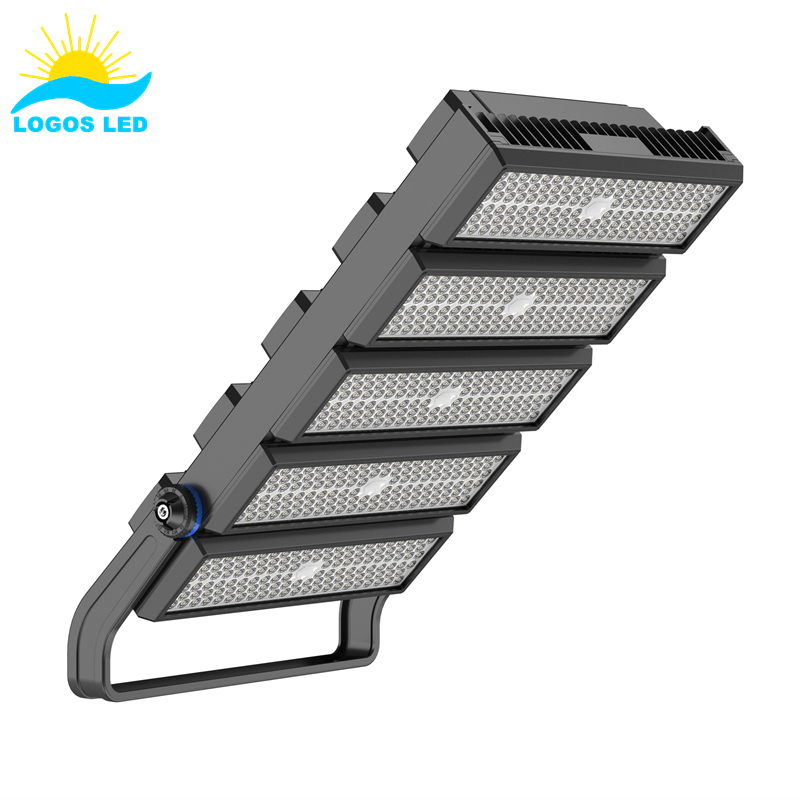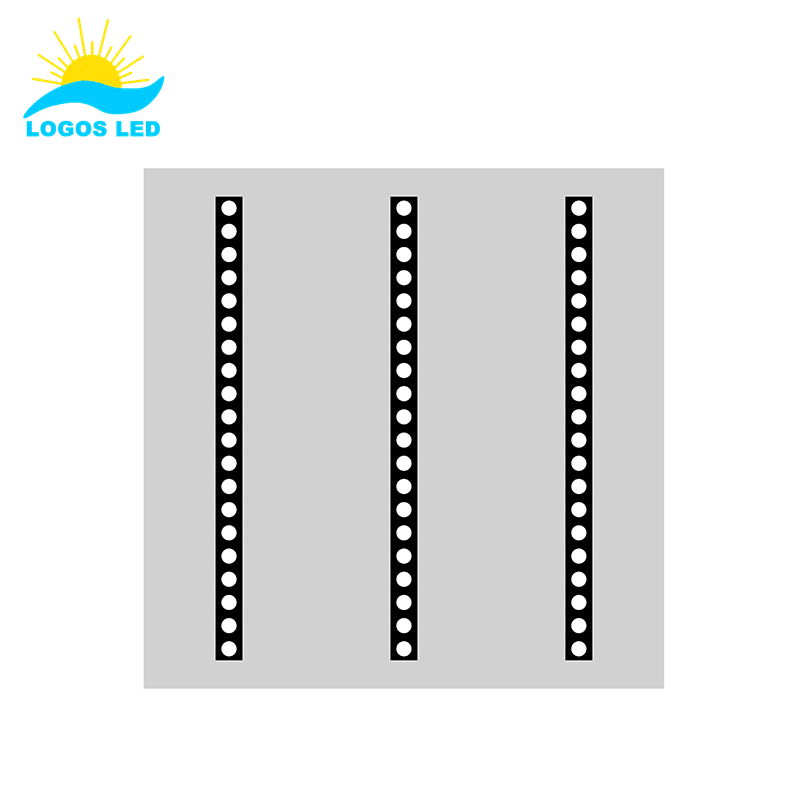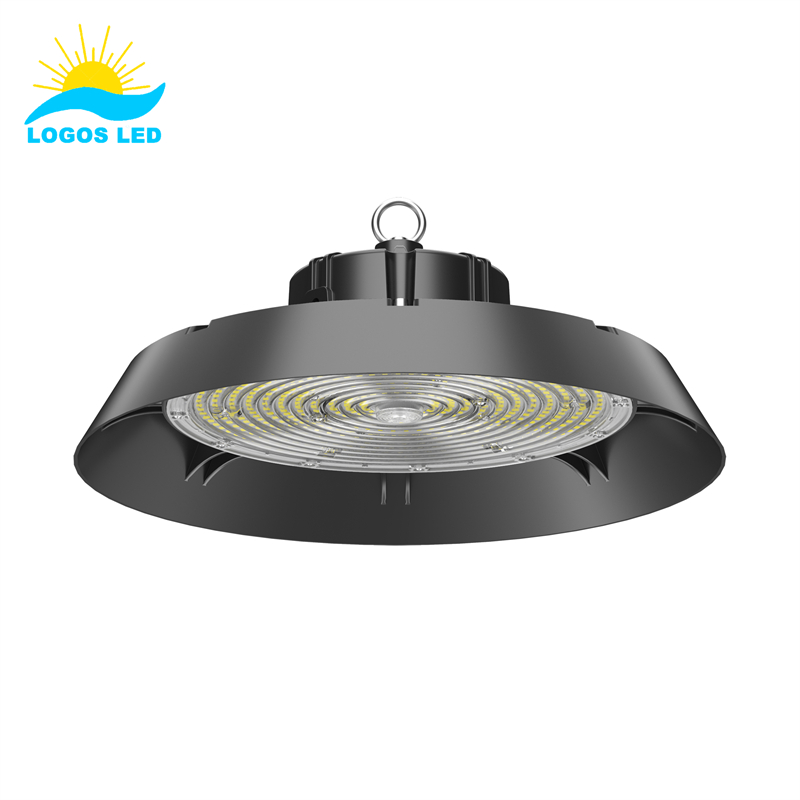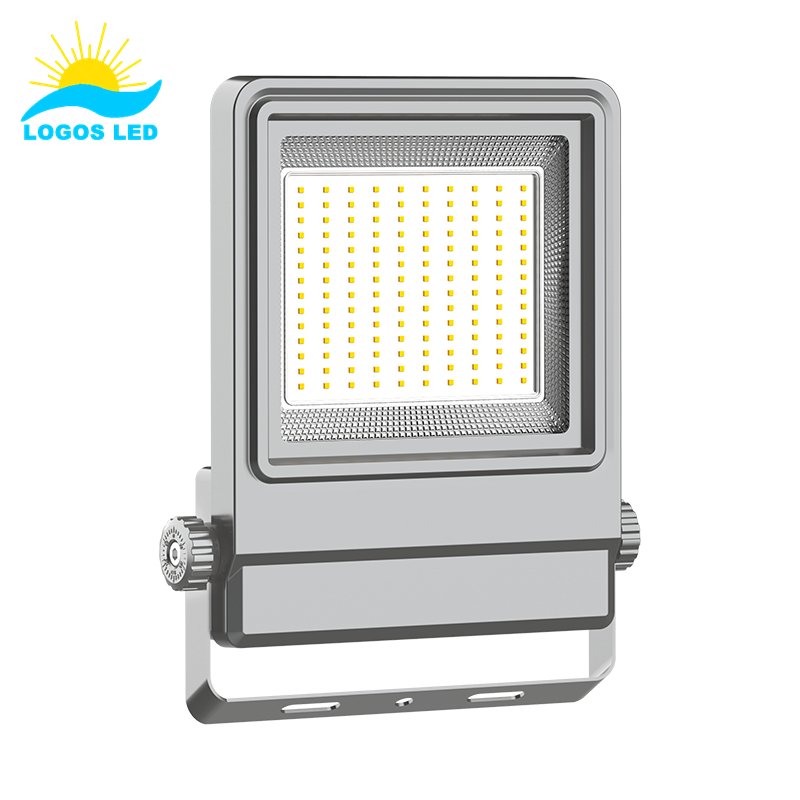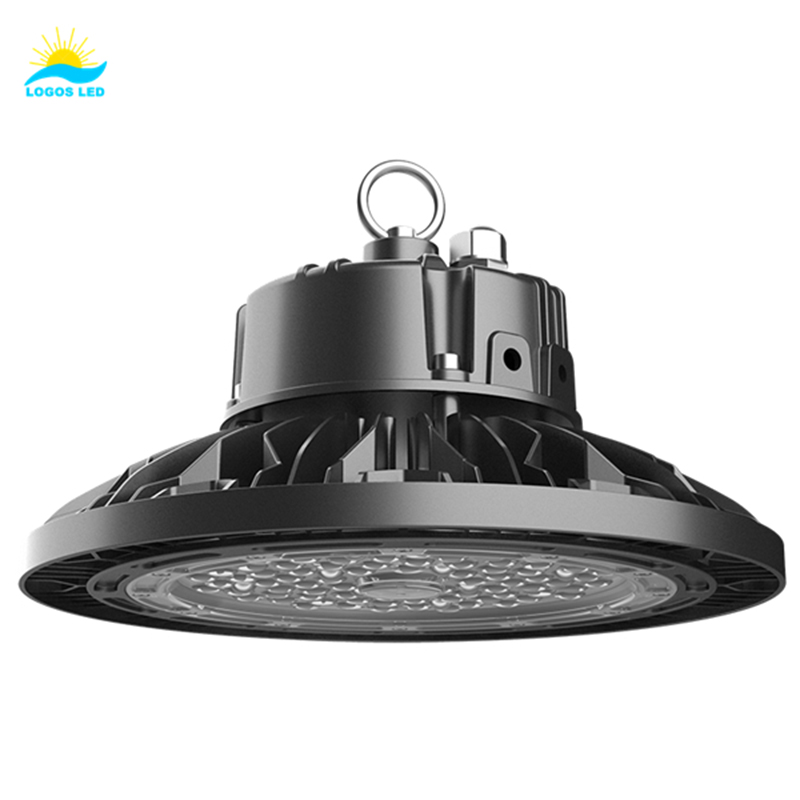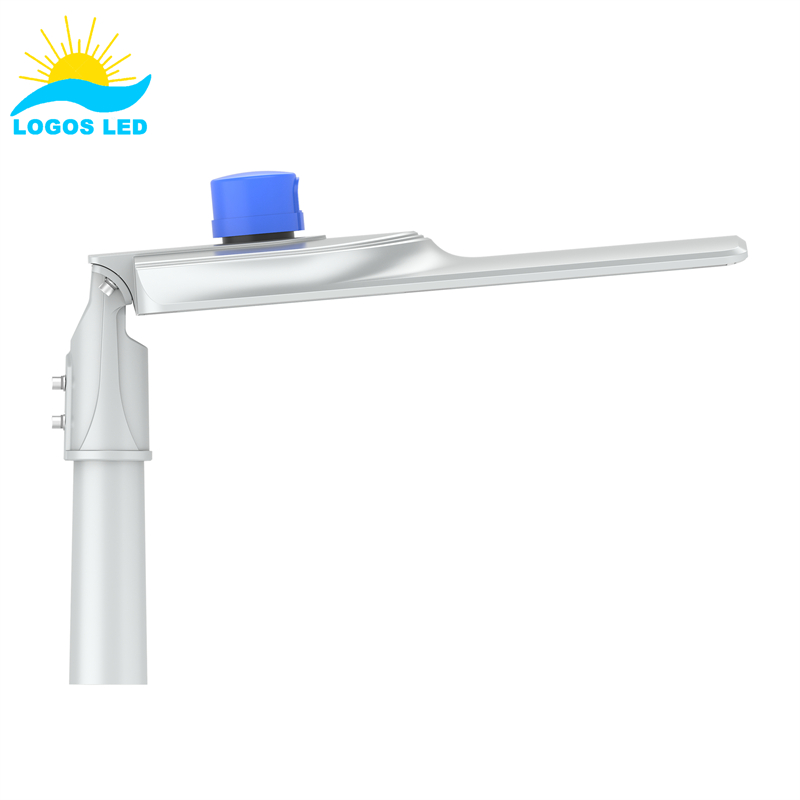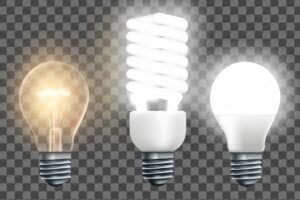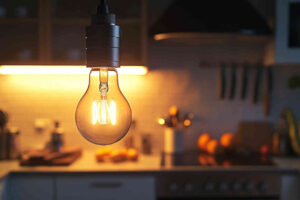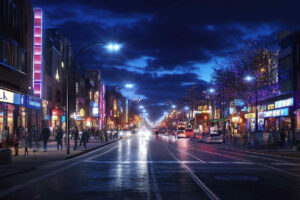Lighting choices can be tough. You might worry about costs, efficiency, or how your choice affects the environment. Picking the wrong lights can cost you money, use more energy, and even harm the planet. Don’t worry though, I’ve got you covered. We’re going to take an honest look at LED versus incandescent lighting to help you figure out which one is best for your project and why.
If you’re deciding between LED lights and incandescent bulbs, LEDs offer higher energy efficiency, lasting up to 25 times longer. While LEDs cost more upfront, they lower electric bills, reduce lighting maintenance costs, and create less environmental impact. Incandescent bulbs waste energy as heat and need frequent replacement, increasing costs over time. LEDs also provide better brightness, color options, and suit various commercial applications, making them a smarter, sustainable choice. Carefully comparing these aspects of LEDs and incandescent bulbs can lead to significant savings and improved lighting quality for your business or facility.
But there’s more to it than just cost savings—let’s dive deeper to find out exactly why LEDs might be your best choice.
Table of Contents
What Exactly Are LED and Incandescent Lighting?
LED (Light Emitting Diode) Lighting
LEDs are semiconductor devices that emit light when an electrical current passes through a microchip inside them, causing electrons to recombine with electron holes and release energy as photons (light). This process is called electroluminescence. LEDs are highly energy-efficient, producing up to 90% more light per watt than incandescent bulbs, and they generate very little heat because the heat is managed by heat sinks built into the design. LEDs also have a much longer lifespan, often lasting tens of thousands of hours without burning out, but rather gradually dimming over time. Their small size and solid-state nature allow for versatile designs and directional lighting, making them suitable for a wide range of applications.
Incandescent Lighting
Incandescent bulbs produce light by passing an electric current through a tungsten filament inside a sealed glass bulb. The filament heats up to a very high temperature (around 2,500°C or 4,532°F) until it glows, emitting visible light through thermal radiation. These bulbs are much less efficient because about 90% of the energy is lost as heat rather than converted into visible light. They have a shorter lifespan, typically around 1,000 to 1,200 hours, and have been largely unchanged since their invention by Thomas Edison and Joseph Swan in the late 19th century. Incandescent bulbs are simple, inexpensive, and work on both AC and DC power but are being phased out due to energy inefficiency.
In summary, LEDs represent modern, energy-efficient, and long-lasting lighting technology based on semiconductor physics, while incandescent bulbs rely on heating a filament to produce light, resulting in much higher energy consumption and shorter life. This fundamental difference explains why LEDs have become the preferred choice in many lighting projects today.
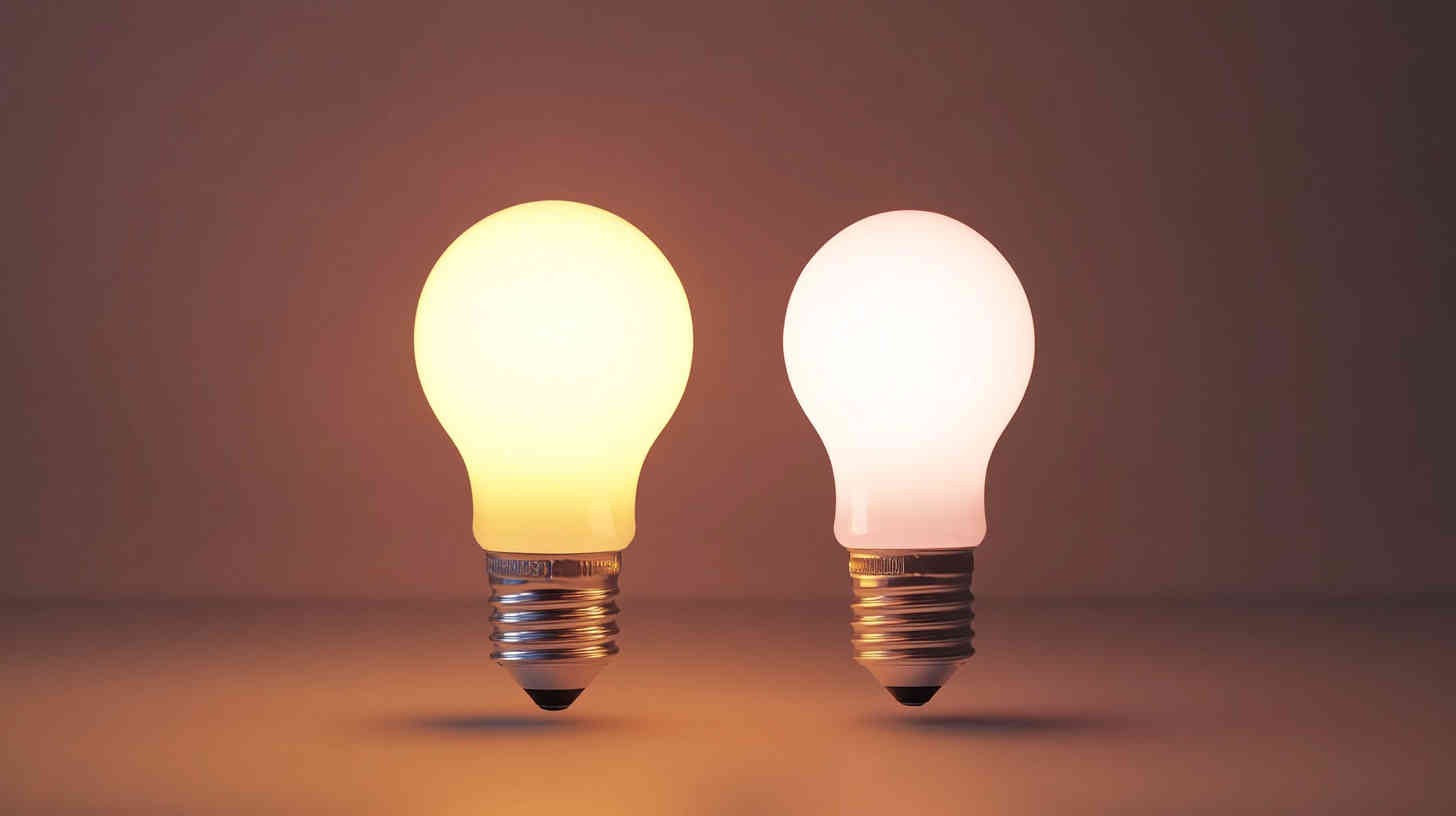
LED Lighting Energy Efficiency vs Incandescent Bulbs
Energy efficiency is crucial for any business aiming to reduce costs. Incandescent bulbs are notoriously inefficient, converting approximately 90% of their energy into heat with only about 10% producing actual light. This inefficiency not only results in higher energy consumption but also makes these bulbs hot to the touch during operation.
In contrast, LEDs are remarkably efficient, converting nearly 90% of their energy directly into light. This high efficiency means that LEDs consume significantly less energy, leading to noticeable reductions in electricity bills. For businesses, these savings accrue month after month, making LEDs a superior choice for cost-effectiveness.
When managing large buildings or factories, the switch to LED lighting can yield substantial financial benefits. Reducing energy consumption translates to lower operational costs and a more sustainable energy footprint. Over time, the initial investment in LED technology pays for itself through consistent savings, enhancing the overall profitability of the business. By opting for LEDs, companies not only improve their bottom line but also contribute to environmental sustainability by minimizing energy waste.
Comparing the Lifespan: LEDs Lead Significantly
Another crucial factor is the bulb lifespan. Incandescent bulbs don’t last long—probably only 1,000 hours or less. This means you need frequent replacement that takes time and increases your lighting maintenance costs. LED lights, though, can last up to 100,000 hours or more. Imagine replacing bulbs far less often. This reduces hassle, labor costs, and maintenance efforts. The durability of LEDs makes them perfect for areas where lights run constantly, like factories or warehouses.
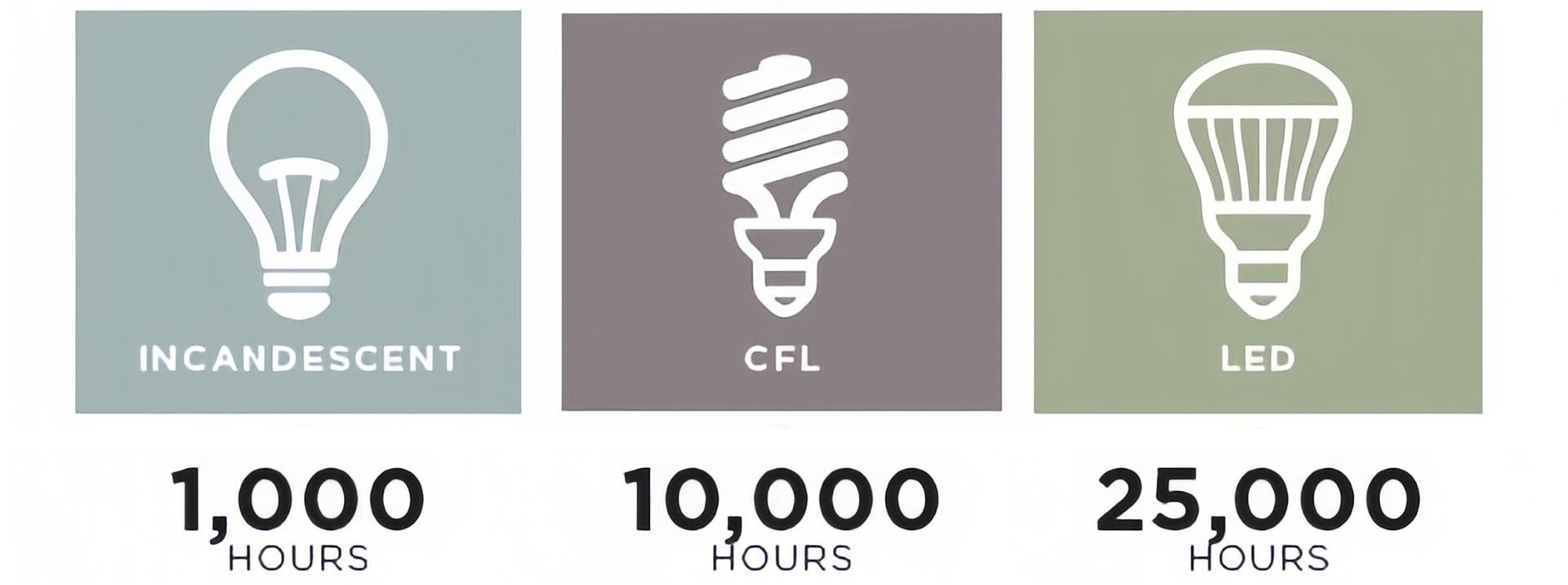
Lifespan of different types light bulbs
How Do Initial and Long-Term Costs Stack Up?
LED lighting systems may have a higher initial cost compared to traditional incandescent bulbs. However, the long-term benefits significantly outweigh this initial investment. LEDs are highly energy-efficient, consuming up to 75% less energy than traditional lighting solutions, which translates to substantial savings on monthly energy bills. Their longer lifespan—often five times longer than conventional options—means reduced frequency of replacements and lower maintenance costs over time.
When considering the return on investment, the longevity and efficiency of LEDs lead to considerable cost reductions in both energy consumption and upkeep. This makes LEDs a financially wise choice for businesses, where long-term costs matter more. For large facilities and sports venues, the economic advantages of switching to LEDs include decreased operational expenses and improved lighting quality, which further justify the initial purchase price.
Brightness and Lighting Quality Differences
Ever wondered about LED vs incandescent brightness comparison? Simply put, LEDs can deliver bright, consistent light that’s easy on your eyes. With incandescent bulbs, brightness fades as the bulb ages. LEDs, however, keep their brightness level stable throughout their lifespan. LEDs also provide excellent color quality and clarity, important factors for workplaces and retail spaces. If your facility needs consistent, high-quality lighting, LEDs are definitely your best bet.
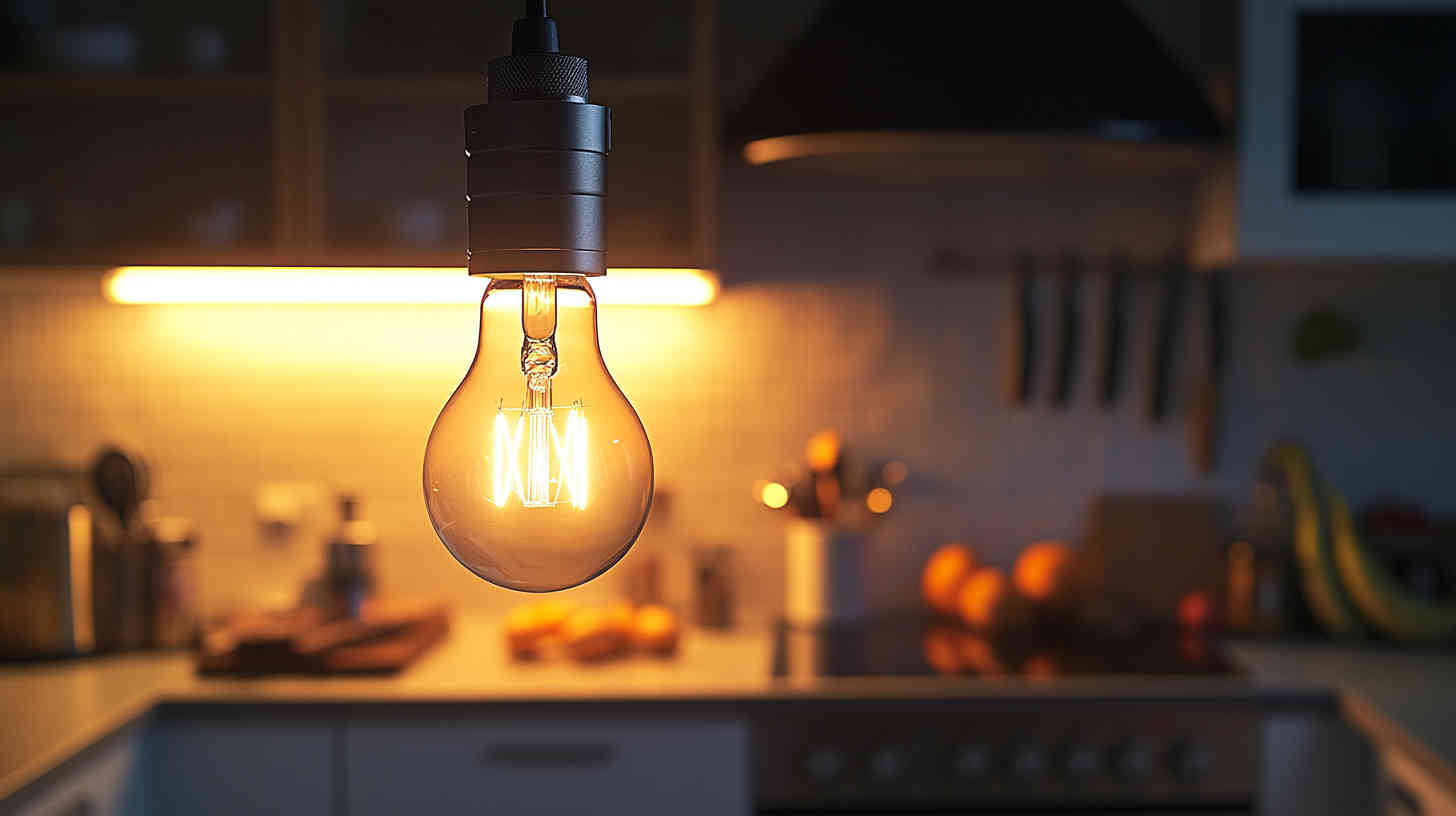
Environmental Impact: Why LEDs Are More Sustainable
LED lighting stands out as a sustainable choice for several reasons. Unlike incandescent bulbs, LEDs consume significantly less energy, which directly reduces harmful emissions and lowers the carbon footprint of a business. This energy efficiency makes LEDs a smart choice for environmentally-conscious operations, as they help in cutting energy demand drastically.
Additionally, LEDs do not contain hazardous materials like mercury, which is a significant advantage over older lighting technologies such as fluorescent bulbs. This absence of toxic elements makes disposal safer and reduces environmental risks associated with lighting waste.
The extended lifespan of LEDs means fewer replacements and less material waste over time. LEDs can last up to 100,000 hours, minimizing the frequency of manufacturing, transport, and disposal. Choosing LEDs not only demonstrates a commitment to sustainability but also shows customers and community members that steps are being taken to protect the planet. Through these eco-friendly attributes, LEDs reinforce a business’s dedication to responsible resource management and environmental stewardship.
Best Applications for Incandescent Lighting
Is incandescent lighting good for anything at all? Well, in very specific scenarios, yes. Incandescent bulbs can offer warm, cozy light useful in decorative lighting or specific residential applications. For some special cases, their low-cost initial investment and traditional look might seem appealing. However, due to their drawbacks in energy efficiency and lifespan, their benefits rarely outweigh disadvantages for commercial or industrial usage.
Ideal Applications for LED Lighting in Commercial and Industrial Settings
LED lighting is highly versatile and well-suited for a broad range of commercial and industrial environments due to its energy efficiency, durability, and superior illumination quality. Here are some ideal applications:
1. Warehouses and Storage Facilities
LEDs provide bright, uniform light essential for safety and productivity in large warehouse spaces. They illuminate aisles, loading docks, and storage areas, improving visibility for workers and equipment operators. Integration with motion sensors and smart controls enhances energy savings by activating lights only when needed. The long lifespan and durability of LEDs reduce maintenance costs and downtime in these demanding environments.
2. Manufacturing Plants and Factories
Industrial LED lighting, such as high bay lights, is ideal for factories with high ceilings (20–40 feet or more). These lights deliver powerful, glare-free illumination necessary for detailed inspections, assembly, and quality control, enhancing worker safety and operational efficiency. Adjustable LED systems allow customization of light levels based on specific tasks, boosting productivity and comfort.
3. Retail Stores
LED lighting with high Color Rendering Index (CRI) enhances product visibility by accurately rendering colors, which helps customers find and evaluate merchandise more easily. LEDs can create inviting atmospheres with adjustable color temperatures and dynamic lighting effects that influence customer behavior and improve the shopping experience.
4. Offices and Educational Institutions
LED flat panels and troffers provide bright, even light that reduces eye strain, migraines, and drowsiness, improving worker productivity and comfort. Adjustable brightness and color temperature support circadian rhythms and task-specific lighting needs. In educational settings, LED lighting ensures well-lit classrooms and safe outdoor areas like parking lots and walkways.
5. Sports Facilities and Stadiums
LED high mast and flood lights offer intense, uniform illumination for sports arenas and stadiums, ensuring optimal visibility for players and spectators during day and night events. Their long lifespan and energy efficiency make them ideal for these large-scale venues.
6. Outdoor and Security Lighting
LED flood lights and high mast lights effectively illuminate parking lots, transportation hubs, airports, and industrial sites, enhancing safety and security. They provide crisp, clear light for surveillance, vehicle identification, and safe pedestrian movement, even in 24/7 operations.
7. Large Recreational and Convention Centers
High bay LED lights are suitable for large indoor spaces like convention centers and recreational facilities, delivering bright, consistent illumination that supports various activities and events.
| Application Area | Typical LED Fixtures | Key Benefits |
|---|---|---|
| Warehouses | High bay lights, panel lights | Energy savings, safety, durability |
| Manufacturing Plants | High bay lights, task lighting | Brightness, glare reduction, safety |
| Retail Stores | Spotlights, panel lights | High CRI, color accuracy, ambiance |
| Offices & Education | Flat panels, troffers | Eye comfort, productivity |
| Sports Facilities | High mast lights, flood lights | Uniform bright light, longevity |
| Outdoor Security | Flood lights, high mast lights | Safety, security, energy efficiency |
| Recreational/Convention | High bay lights | Bright, even illumination |
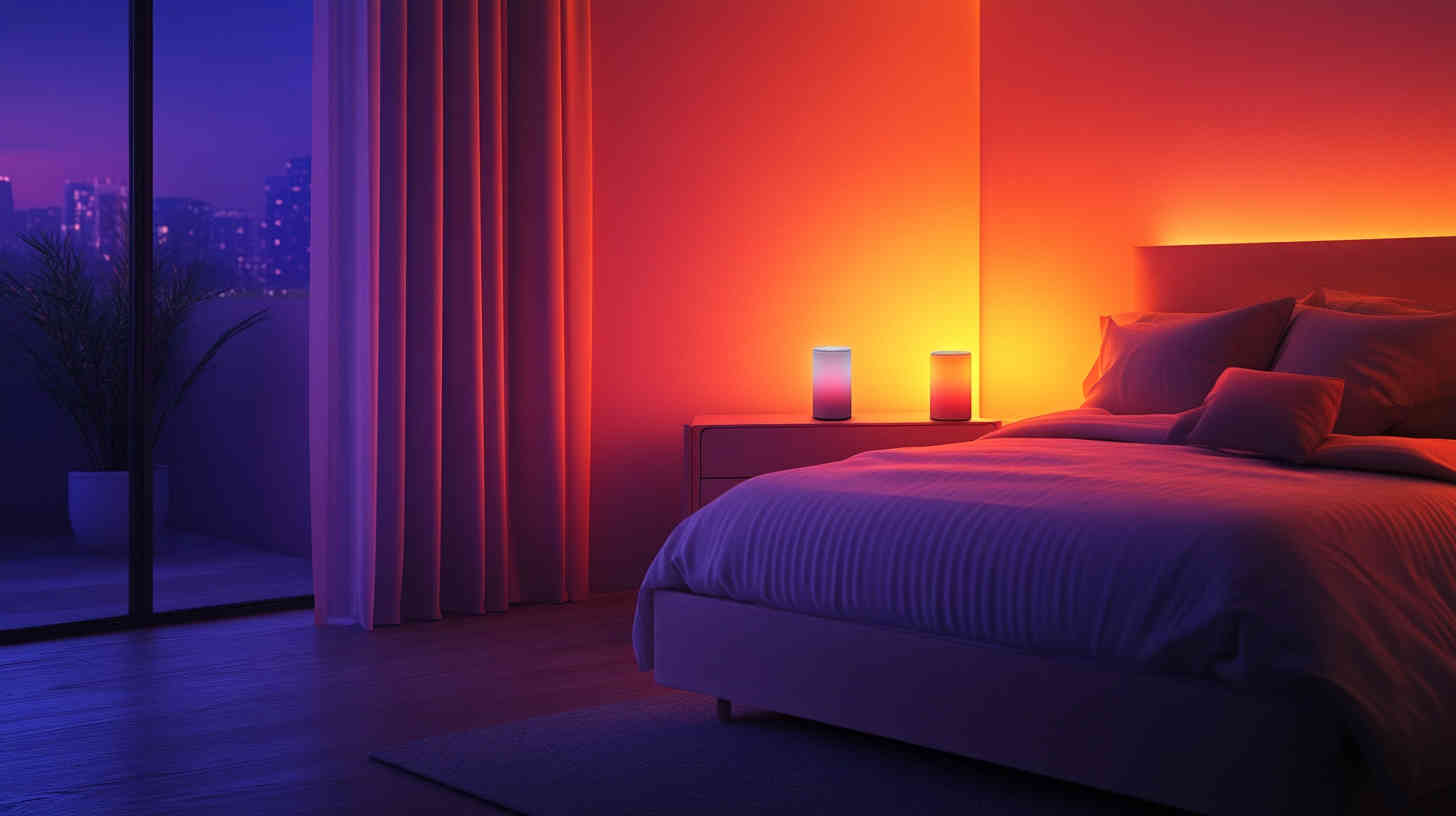
Downsides of Incandescent Lighting Usage in Commercial Projects
Reducing Lighting Maintenance Costs with LED Lights
For businesses, reliable and easy-to-maintain lighting is crucial for smooth operations. LEDs provide an excellent solution due to their impressive longevity, often lasting tens of thousands of hours. This extended lifespan results in significantly fewer interruptions for bulb replacements, ensuring continuous workflow.
Switching from incandescent to LED lighting can typically reduce maintenance costs by over 70 percent. This reduction is due to the decreased frequency of replacements and minimal upkeep requirements. From my experience assisting clients with lighting upgrades, the transition to LEDs consistently delivers dramatic savings by lowering maintenance demands. This allows businesses to allocate resources more effectively, enhancing overall efficiency and productivity.
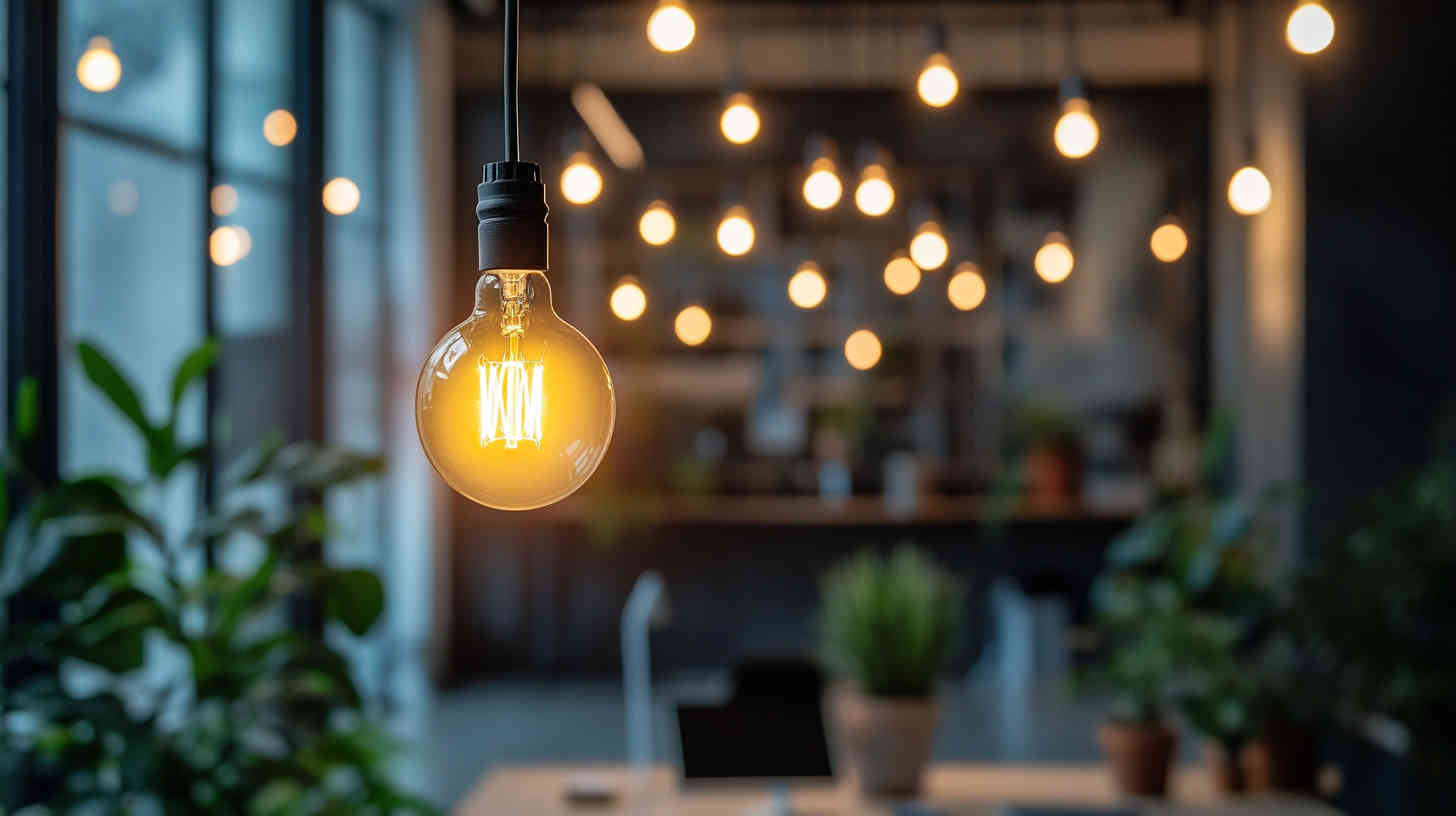
What to Look For When Sourcing LED Lighting Suppliers?
When sourcing LED lighting suppliers, selecting the right partner is critical to ensure product quality, reliability, and overall project success. Here are the key factors to consider:
1. Product Quality and Trusted Components
Choose suppliers who use high-quality, reputable LED chips and drivers from trusted brands like Lumileds, Osram, or Philips. High-quality components guarantee longer lifespans, consistent brightness, and better energy efficiency. Look for suppliers with rigorous quality control processes and third-party testing to ensure product reliability and safety.
2. Supplier Reputation and Experience
Partner with suppliers who have a proven track record and extensive experience in the LED lighting industry. Experienced suppliers are more likely to deliver consistent product quality, timely deliveries, and reliable after-sales support. Research customer reviews, request references, and consider suppliers who have successfully completed projects similar to yours.
3. Customization and Flexibility
Opt for suppliers that offer customizable lighting solutions tailored to your specific needs, including lighting design assistance and flexible product options. Suppliers willing to work closely with you on unique requirements demonstrate responsiveness and a customer-focused approach.
4. Customer Support and Technical Assistance
Good suppliers provide excellent customer service, including technical support during installation and post-sale. Responsive communication, availability of product samples or showrooms, and willingness to assist with lighting plans or troubleshooting are vital for a smooth project.
5. Competitive Pricing and Payment Terms
While quality should never be compromised, consider suppliers who offer competitive pricing and flexible payment options. Look for those who help maximize cost savings through available rebates, incentives, or energy efficiency programs.
6. Compliance with Industry Standards and Certifications
Ensure the supplier’s products comply with relevant safety and performance standards such as IEC, CE, UL, or Energy Star certifications. Compliance guarantees that the products meet rigorous testing criteria for safety, durability, and energy efficiency.
7. Warranty and After-Sales Service
A strong warranty reflects confidence in product durability and provides peace of mind. Choose suppliers offering comprehensive warranties and reliable after-sales support to minimize maintenance costs and protect your investment.
8. Delivery Reliability and Lead Times
Timely product delivery is crucial to avoid project delays. Verify the supplier’s ability to meet your schedule and handle logistics efficiently, especially for large or complex orders.
By prioritizing these factors—quality components, supplier reputation, customization, customer support, compliance, pricing, warranty, and delivery—you ensure that the LED lighting solutions you procure will be reliable, efficient, and well-suited to your specific needs, just as emphasized by manufacturers like Logos Lighting.
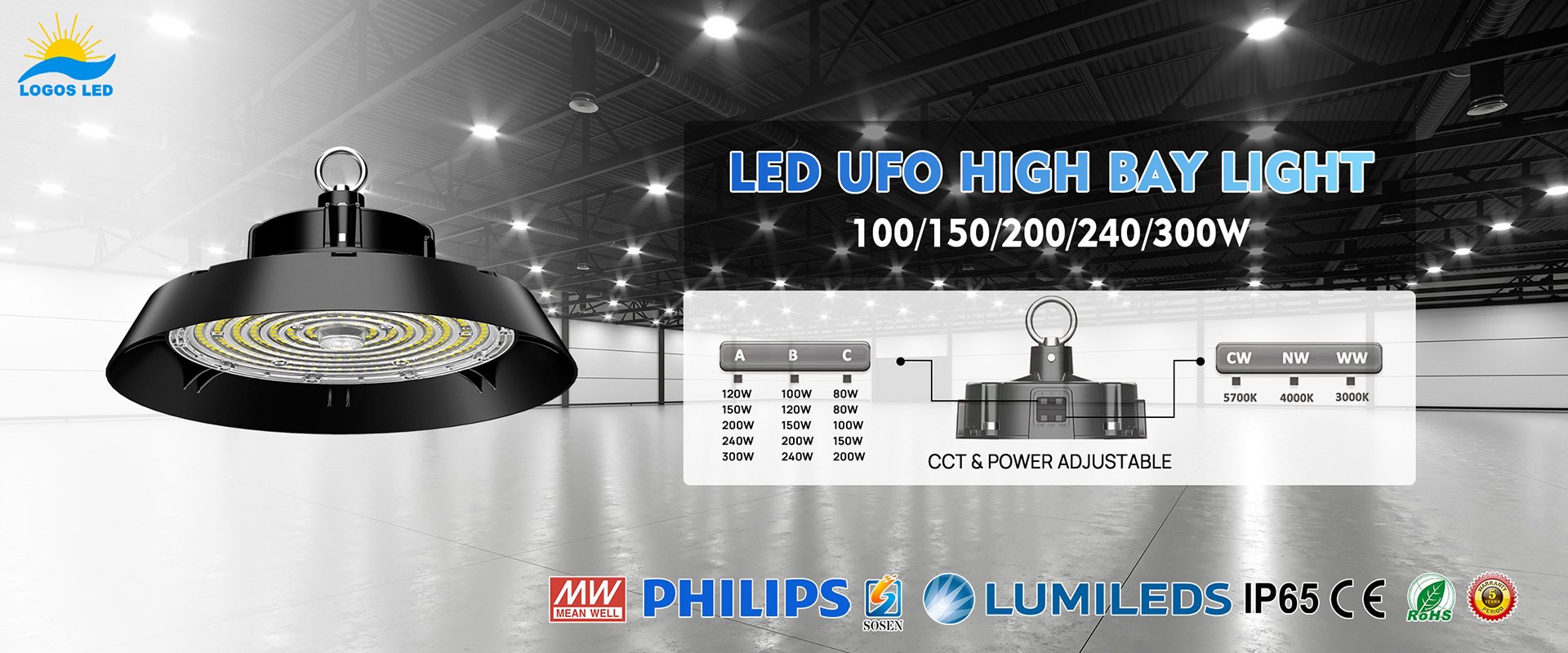
Conclusion
In summary, LEDs clearly beat incandescent lighting in energy efficiency, lifespan, long-term cost savings, brightness quality, eco-friendly benefits, and maintenance reduction. Choosing LED lighting gives your projects distinct advantages, providing a smart long-term lighting investment. After years helping clients, I’ve confidently seen LEDs meet and exceed expectations. Don’t overlook their potential impact on your business.
Do you have questions about LED lighting, or interested in getting quality LED lights for your project? Just feel free to contact us directly. Our lighting experts are ready to help.
Request A Free Quote Now!
Send us a message if you have any questions or request a quote. We will get back to you ASAP!



